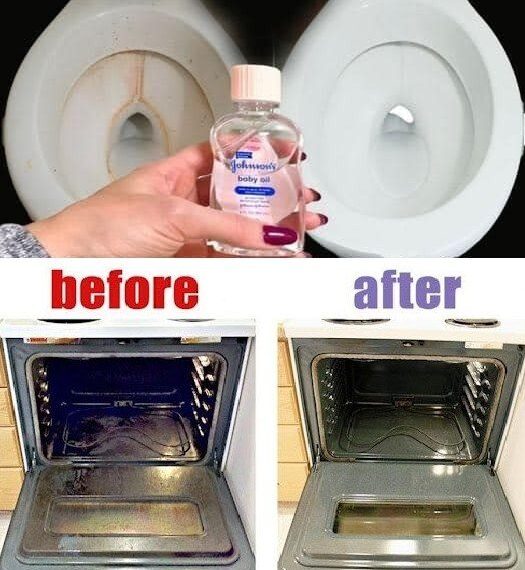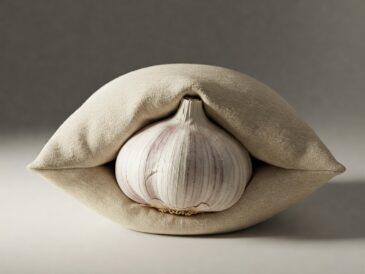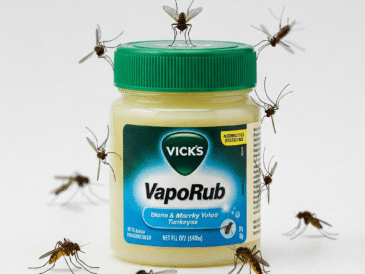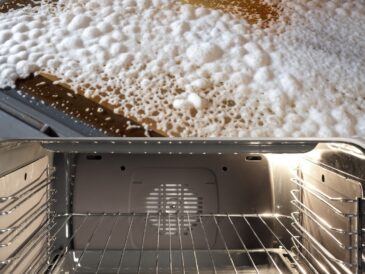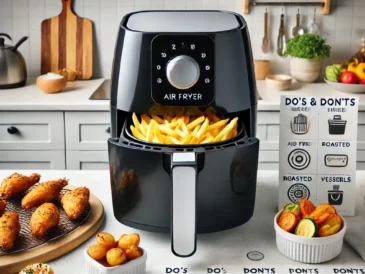Ingredients:
- Baking soda (to break down grease)
- White vinegar (to dissolve grease and deodorize)
- Dish soap (for added cleaning power)
- Lemon juice (for fragrance and extra grease-cutting ability)
- Warm water
- Microfiber cloth or sponge
Method:
- Prepare a Paste: Mix baking soda with a few drops of dish soap and enough water to form a thick paste.
- Apply the Paste: Spread the paste over greasy surfaces, including oven doors, stovetops, and burners. Allow it to sit for 15-30 minutes.
- Spray with Vinegar: Spray vinegar over the paste. The reaction will bubble up, helping to lift the grease.
- Scrub and Rinse: Use a sponge to scrub away the grease. Rinse with warm water and wipe dry with a microfiber cloth.
For Oven Racks:
- Place the racks in a bathtub filled with hot water, vinegar, and a bit of dish soap. Let them soak for an hour, then scrub and rinse.
Bonus Tips for Maintenance:
- Prevent Limescale Build-Up: Wipe down bathroom surfaces after each use to prevent hard water from drying and leaving deposits.
- Keep Grease at Bay: Regularly clean kitchen surfaces with warm, soapy water after cooking to prevent grease from hardening.
Conclusion
Using natural ingredients like white vinegar, baking soda, and lemon juice, you can effectively remove limescale and grease without resorting to harsh chemicals. Not only are these solutions better for your health and the environment, but they’re also budget-friendly and easy to implement. With regular maintenance, you can keep your bathroom and kitchen sparkling clean and free from stubborn build-up.
Pages: 1 2
